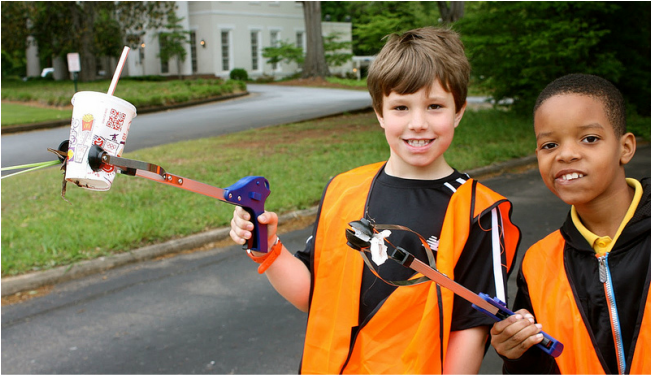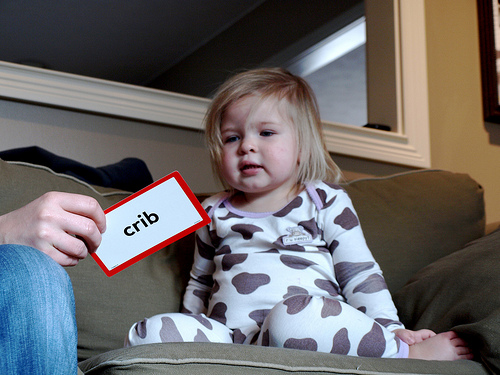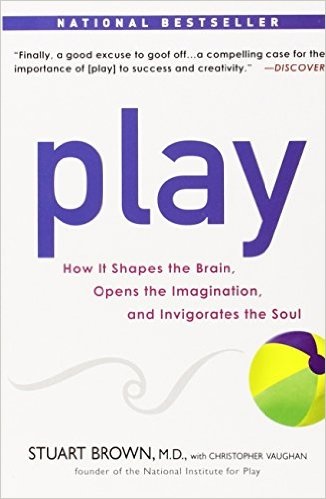The REAL Reason Most Schools Don't (and maybe shouldn't) Have a Gifted Track Until 3rd Grade.6/21/2016
When I was in kindergarten, they tried to send me away to a school for dumb kids. But by the time I got to third grade, they were trying to bump me up a year and recommending me to Talented and Gifted summer programs. A psychologist from a nearby university determined, after a battery of cognitive tests, that I was a very abstract thinker.
Which is why I was intrigued when a certain Quora user asked, "At what age do gifted children know they're different?"
There were several very different answers on that page. Here's mine:
It’s obviously going to vary by child, as evidenced by the answers here. I would add that many schools don’t start their gifted program until after 3rd grade. Why? Prior to 3rd grade, kids are mostly tested on content, rather than concept. Therefore, it’s difficult to determine whether differences in achievement are due to previous exposure to the content (some parents make their kids start doing math and alphabet flashcards when they’re two), or due to differences in ability.
Seriously - this is a thing that happens. Can you think of a more disengaging way to learn? Especially considering kids can't necessarily grasp the concepts of addition, subtraction and spelling at such a young age?
I have mixed feelings about this policy. If a kid is obviously gifted at the start of kindergarten, but they have to wait until 3rd grade to be challenged... that means they have to spend their first three years of school feeling bored, and possibly disruptive (meaning discipline, meaning disengagement and negative feelings towards school). On the other hand, if a kid is excelling simply due to exposure to material, his peers will catch up around third grade -- at which point, he may be demoted from the gifted program to the regular track. This could be demoralizing, embarrassing and disengaging, too. My advice to parents of gifted kids is this: Genius is seldom born in the classroom. If your child has an interest, obsession or ability in something, encourage and support that interest through play opportunities outside the classroom. Even if it has nothing to do with school. Because almost every genius ever developed and discovered their genius not in the classroom, but through play. Which is why JPL now asks its engineers to discuss their childhood play behavior during their interviews. (Read more in Stuart Brown's Play: How It Shapes the Brain, Opens the Imagination, and Invigorates the Soul -- it might be one of the most important reads ever.)
I leave you with two additional resources.
The first is my blog post The best way to give your child a creative, entrepreneurial mind (hint: you won't need flashcards). It will walk you through some of the ways you can both expand and see into your child's mind through great questions and play. It's one of my favorite things I've ever written. The second is this clip from the Discovery Channel’s segment on San Diego teenager Aidan Fay:
There’s little doubt in my mind that Aidan is a genius, and any school would be lucky to have him. (He'll be a senior this year, admissions officers -- so look out!) I doubt there are many teenagers, or even engineers, who have the intuitive and innate understanding of flight as Aidan. (Not to mention his passion, determination and imagination.)
Where did his genius come from? In his recent TedX talk, Aidan shared the story of how, when all his peers were competing in his recreational soccer league, trying their hardest to score goals and make their parents proud… he was taking the plastic grocery bags off the half time treats, throwing them up in the air, and watching how they drifted in the wind currents. You know what impressed me most about this story? His mother! Can you imagine how difficult it must have been for her to let Aidan just do his thing? In our world of hurried and hyper-achieving childhoods -- of flashcards and tutors and private lessons -- she somehow resisted the pressure to force Aidan to do the "right" thing. Can you imagine sitting on the sideline, watching your kid follow a plastic bag around while everyone else's kids were playing defense and scoring goals? But, somehow, she had the faith to give him the freedom and flexibility to do what captivated him… and now he builds cockpits and models vertical takeoff and spends almost all of his free time CADing.
0 Comments
Leave a Reply. |
About the Author

Eva is a content specialist with a passion for play, travel... and a little bit of girl power. Read more >
Want to support The Happy Talent? CLICK HERE!
Or Find me on Patreon!
What's Popular on The Happy Talent:
Trending in Dating and Relationships:
What's Popular in Science: Playfulness and Leisure Skills:
Popular in Psychology and Social Skills:
Categories
All
|
































 RSS Feed
RSS Feed